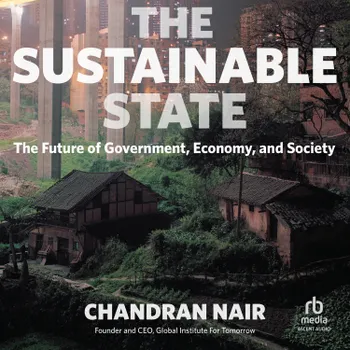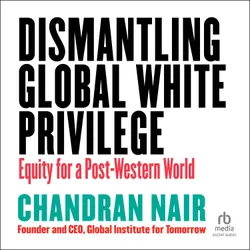The free-market, limited-government development model has been an ecological and social disaster for the developing world. Sustainable and equitable development is possible only with the active involvement of a strong central state that can guide the economy, protect the environment, and prioritize meeting its people's basic needs.
For decades, the Western argument has been that the unfettered free market is the best vehicle for economic development and social progress. Instead, this sure-to-be-controversial book argues that a strong state with a willingness to manage the economy within resource constraints is central to the challenge of sustainable development. Only a state that can and will exert effective governance can place fair and reasonable limits on resource consumption (which is completely unrestrained in the free-market model), manage the expectations of its population, preserve ecological integrity, and ensure universal access to basic needs. This will mean rethinking the meaning of concepts like "prosperity," "freedom," and "rights," and whether Western-style democracy is the optimal form of government. This may make some in the developed world uncomfortable, but what Nair offers is a model suited to the realities of the developing world.

